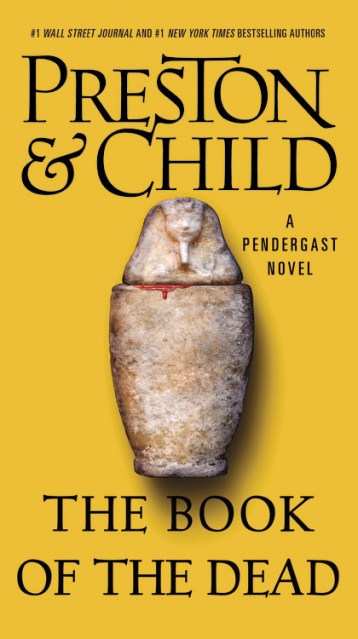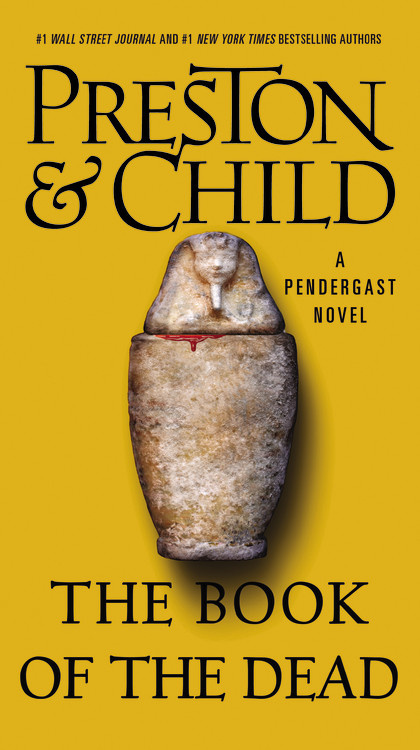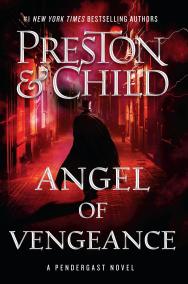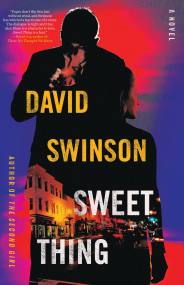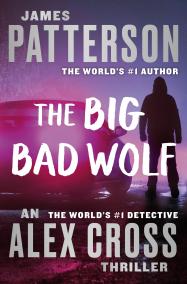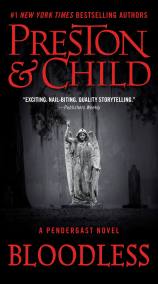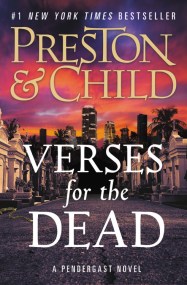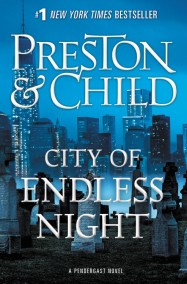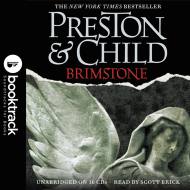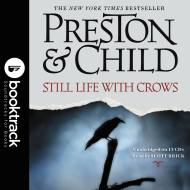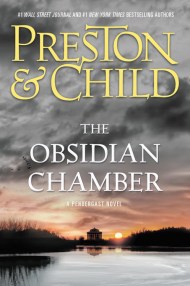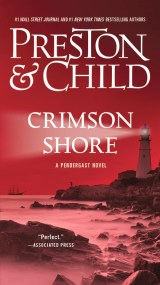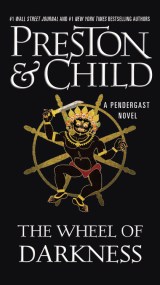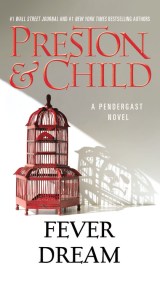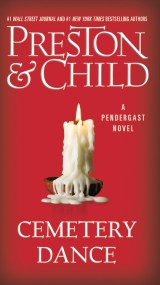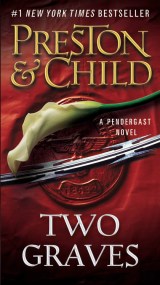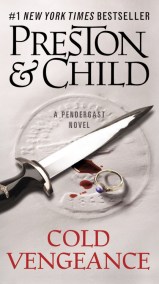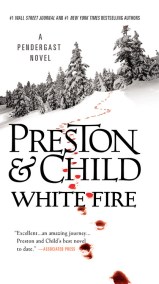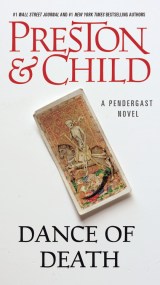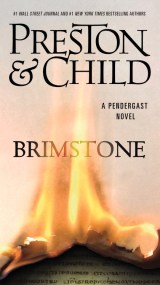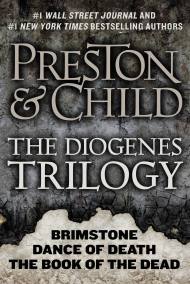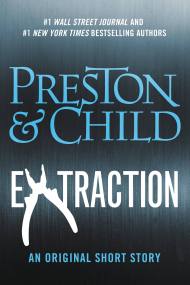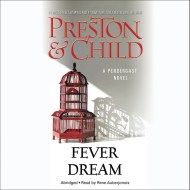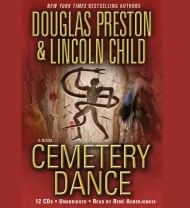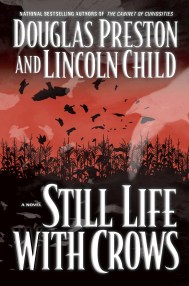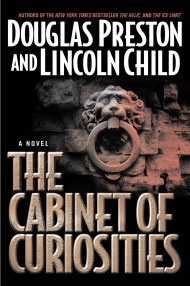Promotion
Sign up for our newsletters save 20% off your next purchase. Shop now.
The Book of the Dead
Contributors
Formats and Prices
Price
$10.00Price
$13.00 CADFormat
Format:
This item is a preorder. Your payment method will be charged immediately, and the product is expected to ship on or around May 27, 2014. This date is subject to change due to shipping delays beyond our control.
Also available from:
Can FBI Special Agent Pendergast stop a cursed Egyptian tomb from terrorizing New York City — or will he stay trapped in a maximum security prison, punished for a murder he didn’t commit?
His brilliant, psychotic brother, about to perpetrate a horrific crime…
A young woman with an extrodinary past, on th edge of a violent breakdown…
An ancient Egyptian tomb with an enigmatic curse, about to be unveiled at a celebrity-studded New York gala…
Memento Mori
Series:
-
"A gripping, action-packed page-turner . . . a tantalizing, ominous twist at the end."Publishers Weekly
-
"Intense and shocking....Every story thread thrills, and the novel seems too short, despite the large page count. Readers will want to see Pendergast and his friends again quickly."Library Journal
-
"Gripping . . . action-packed."New York Daily News
- On Sale
- May 27, 2014
- Page Count
- 640 pages
- Publisher
- Grand Central Publishing
- ISBN-13
- 9781455582938
By clicking 'Sign Up,' I acknowledge that I have read and agree to Hachette Book Group’s Privacy Policy and Terms of Use
